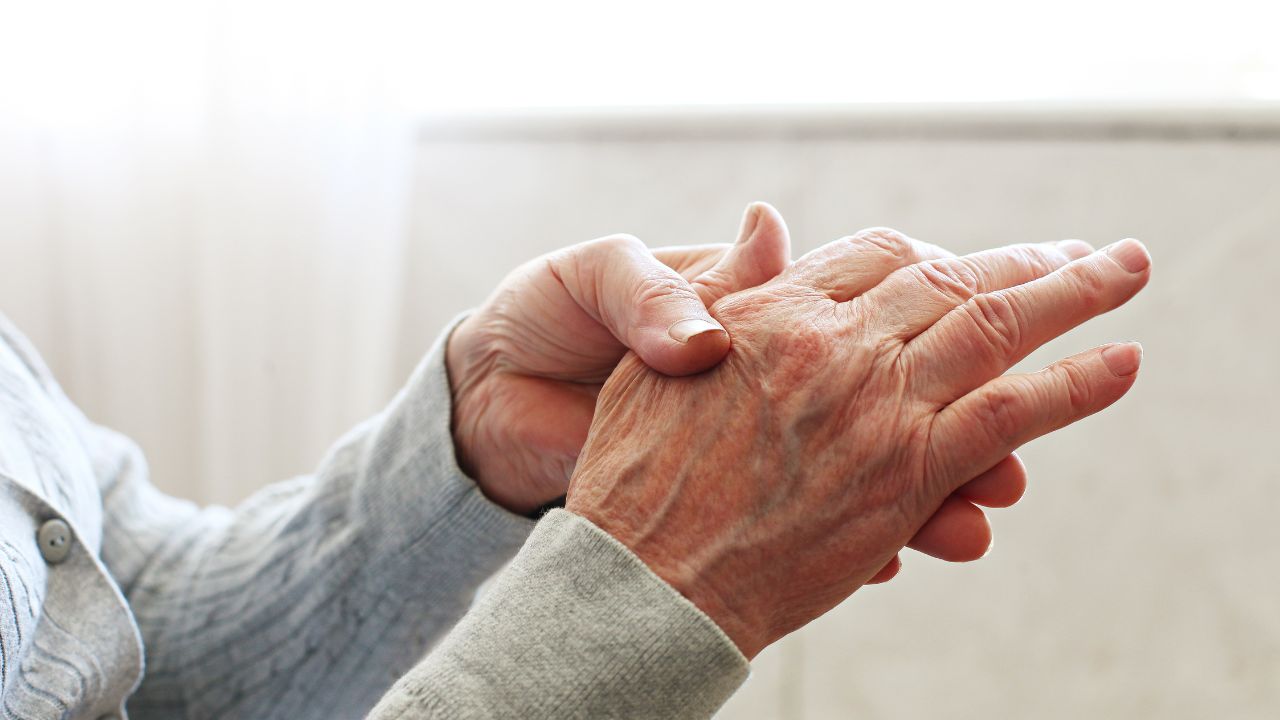Our hands are intricate and vital tools, enabling us to perform everyday tasks, communicate, and express ourselves. When hand trauma occurs—whether due to an accident, work-related injury, or sports—it’s critical to seek immediate care for hand trauma. Delaying treatment can lead to complications, permanent loss of function, or aesthetic issues. With the advanced expertise of Monterey plastic surgeon, Dr. David T. Morwood, prompt intervention ensures the best possible outcome for even the most severe injuries, including amputations.
Dr. Morwood is a leading specialist in microsurgery and reconstructive surgical procedures for the hands, wrists and fingers, in the following sections he highlights the importance of not delaying care, and the initial steps of first aid needed when a traumatic hand injury occurs.
Why Immediate Care for Hand Trauma is Important
The hand is composed of complex structures, including bones, tendons, nerves, and blood vessels, all working together to enable movement and dexterity. Injuries to any of these components can have significant and lasting effects. Seeking urgent care for traumatic hand injuries is critical to:
- Preserve Function: Timely repair of damaged tendons, nerves, or blood vessels can prevent permanent disability.
- Prevent Infection: Open wounds, especially in traumatic injuries, are prone to infection without proper care.
- Enhance Recovery: Early treatment ensures optimal healing and reduces the need for additional surgeries.
- Improve Aesthetics: Prompt care addresses deformities or scarring, restoring both function and appearance.
Hand Trauma: Initial First Aid Care
When hand trauma occurs, taking swift action can make a significant difference in the outcome. Follow these first-aid steps before seeking immediate medical care:
Stop the Bleeding: Apply firm, gentle pressure with a clean cloth or bandage. Elevate the hand above the heart to slow bleeding.
Clean the Wound: Rinse any open wounds with clean water to remove dirt and debris. Avoid scrubbing or using harsh chemicals.
Preserve Amputated Parts: If a finger or hand is severed, wrap it in a damp, sterile cloth and place it in a sealed plastic bag. Keep the bag cool by placing it on ice but avoid direct contact with ice to prevent tissue damage.
Immobilize the Hand: Use a splint or sling to stabilize the hand and prevent further injury.
Seek Emergency Care: Have someone drive you to the nearest hospital or trauma center to determine the next steps of care. If you are alone when any type of serious trauma occurs, it’s always best to call for emergency transportation if the only other option is to drive yourself. Once your condition is more stabilized, contact a reconstructive and microsurgery specialist like board-certified Monterey plastic surgeon Dr. David T. Morwood, who specializes in providing advanced surgical care for all types of hand trauma.
Trauma Hand Care Procedures
Dr. Morwood offers expert surgical care and long-term rehabilitative guidance to ensure optimal functional and aesthetic outcomes; his treatments include:
- Fracture Management: Ensuring proper alignment and stabilization for optimal healing.
- Tendon and Ligament Repair: Restoring mobility and strength to damaged structures.
- Nerve Repair: Microsurgical techniques to reconnect severed nerves or relieve compression.
- Wound Care and Reconstruction: Ensuring functional and aesthetic recovery through advanced plastic and reconstructive surgery techniques.
- Grafting: Transfers skin, bone, nerves, or other tissues from healthy parts of the body to repair damaged areas.
- Flap Surgery: Relocates skin, fat, muscle, and blood vessels from another part of the body to cover and repair the injured area.
- Replantation or Transplantation: Reattaches or replaces amputated fingers or hands using microsurgery. Modern techniques allow for the restoration of sensation, movement, and aesthetics, even in severe cases. However, recovery often involves follow-up surgeries and physical therapy.
Learn more about Trauma Hand Care Procedures and how Dr. Morwood can help restore your hand’s functionality and appearance.
When to Seek Immediate Care for Hand Trauma
While minor cuts and bruises may heal with at-home care, you should seek professional treatment for:
- Deep cuts or puncture wounds.
- Suspected fractures or dislocations.
- Loss of sensation or motor function.
- Persistent swelling, redness, or signs of infection.
- Severe pain that does not improve with basic first aid.
Contact Us for a Hand Trauma Care Consultation
If you or a loved one have experienced a hand injury, don’t delay treatment. Issues with hand, finger and wrist functionality and appearance from past injury still have the potential for improvement with advanced techniques. For a comprehensive evaluation with Dr. Morwood, contact his plastic surgery office in Monterey today to schedule a consultation.













